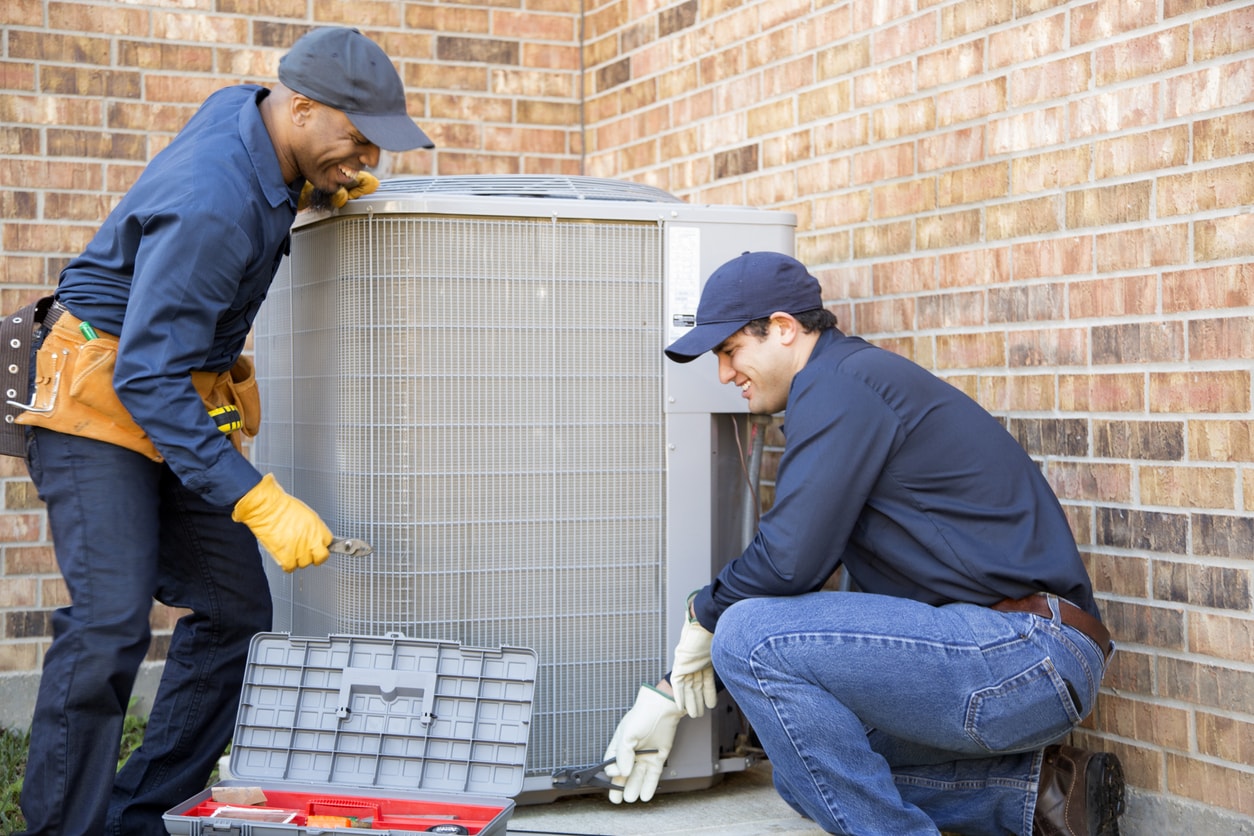
As we head into summer, most people are cranking up their air conditioning to stay cool in the hot weather. However, it’s important to keep in mind that HVAC systems pose a fire hazard to their building. The system itself can easily catch fire if not properly installed and maintained. To prevent damage and injury, HVAC contractors and businesses should understand these major system error sources and plan accordingly when installing and repairing.
Electrical and Gas Connections
Faulty electrical connections are one of the main causes of HVAC failure and fires. Old connections tend to become weak and loose and with the constant high demand for power, burnt and exposed wires can quickly trigger a fire. Even the slightest smell of smoke or burning plastic is a sure sign.
High gas pressure causes the heat exchanger to heat up, while low gas pressure can cause condensation. Both of these cases increase of risk of damage to the unit and dangerous fires.
Take note that poor workmanship or years of neglect can also lead to gas leaks and bad air quality.
Leaking Fuel Line
Fuel should always remain safely within the lines where it belongs. A leaking fuel line is cause for concern since the fuel could come into contact with hot elements within the unit, posing an immediate risk for a fire.
Crowded Furnace
Creates, boxes, cleaning equipment, leaves and a variety of other materials or debris on or near systems significantly increases the danger of damaging the unit and causing a fire. Everyone should be aware that miscellaneous items crowding the unit could very easily catch fire.
It is crucial that all nonessential equipment is kept away from the unit and that any chemicals that may react to heat or catch fire are cleaned properly as well.
Faulty Parts and Equipment
During all installations one should be sure to check for any faulty parts and equipment in the system. For example, if the air conditioning fan has stopped functioning, large heat may accumulate within the AC causing temperatures to rise excessively.This is likely to ignite combustibles near the heating pipes.
Avoid HVAC Fire Hazards
Regular maintenance helps prevent damage, leakage, or circuitry problems. Fire prevention does not begin and end with authorized inspections.
The smell of burning wires, oil, or gas is an automatic red flag. If a fire does occur, turn off the main power switch to the unit and the building, alert everyone in or around the area, and ensure that unsuspecting visitors do not enter the building.
About Sine Insurance
At Sine Insurance Group, we are dedicated to providing you with custom-tailored insurance policies to protect your assets. Our comprehensive packages have been expertly crafted to serve St. Louis and the surrounding areas for the past 25 years. For more information about our products, contact us today at (636) 947-1177.

